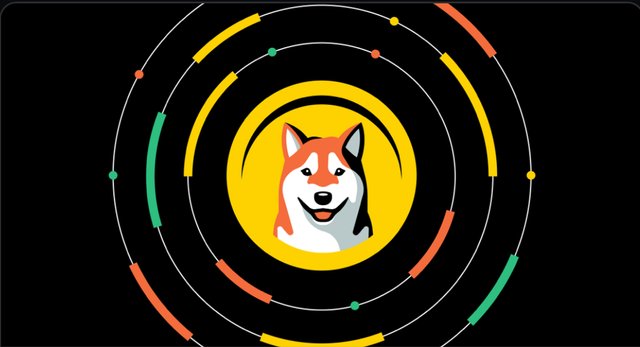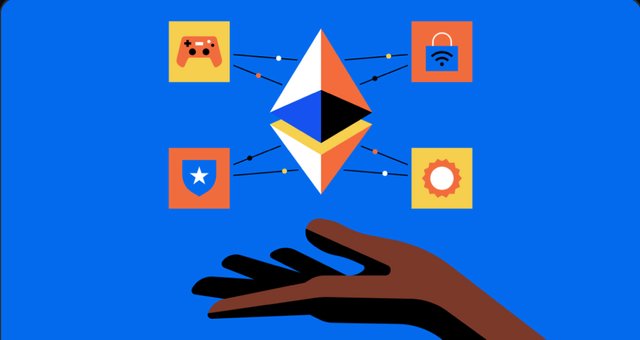
VanEck will likely follow ProShares as the second issuer to list a bitcoin futures-based exchange-traded fund (ETF), according to a new filing with the Securities and Exchange Commission (SEC).
The issuer filed a post-effective amendment today proposing to list its Bitcoin Strategy ETF on Cboe BZX Exchange with an effective registration date of October 23. This means the offering would list "as soon as practicable" after becoming effective on the 23rd, according to the filing. It plans to list under the ticker $XBTF.
The lead-up to the ProShares approval saw a similar process, in which the issuer filed a post-effective amendment prospectus stating its intention to list on Oct. 18. An October 18 document then stated the fund would list the following day.
Like ProShares, VanEck's fund will invest in bitcoin futures traded on exchanges registered with the Commodity Futures Trading Commission (CFTC).
ProShares' opening day on the New York Stock Exchange saw considerable success. Volumes neared $1 billion on the inaugural day, with most of the action seeming to come from retail trades.
VanEck may have gotten an unofficial nod to move ahead with its futures product, but it's still waiting for the SEC to follow up on its spot submission. It is the furthest along in the application cycle for a spot bitcoin ETF, though the SEC continued to punt its decision down the line. It's now expecting an answer on its offering November 14.

DOGE was created as a lighthearted alternative to traditional cryptocurrencies, but it's become seriously valuable. Our explainer can help you understand what it is and how it works
Dogecoin
Definition
Dogecoin (DOGE) was created as a lighthearted alternative to traditional cryptocurrencies like Bitcoin in 2013. The name and Shiba Inu logo are based on a meme. Unlike Bitcoin, which was designed to be scarce, Dogecoin is intentionally abundant — with 10,000 new coins mined every minute and no maximum supply.

What is Ethereum?
From how to buy it and how it works to smart contracts and ETH2, a complete beginner's guide to the second-biggest cryptocurrency
What is Ethereum?
Ethereum is the second-biggest cryptocurrency by market cap after Bitcoin. It is also a decentralized computing platform that can run a wide variety of applications — including the entire universe of DeFi.
Ethereum, which launched in 2015, is the second-biggest cryptocurrency by market cap after Bitcoin. But unlike Bitcoin, it wasn’t created to be digital money. Instead, Ethereum’s founders set out to build a new kind of global, decentralized computing platform that takes the security and openness of blockchains and extends those attributes to a vast range of applications.
Everything from financial tools and games to complex databases are already running on the Ethereum blockchain. And its future potential is only limited by developers’ imaginations. As the nonprofit Ethereum Foundation puts it: “Ethereum can be used to codify, decentralize, secure and trade just about anything.”
You can check the latest prices on Coinbase's Ethereum asset page.
Ethereum has become a popular investment vehicle and store of wealth (and can be used, like Bitcoin, to send or receive value without an intermediary).
The Ethereum blockchain allows developers to build and run a huge variety of applications: everything from games and advanced databases to complex decentralized financial instruments — meaning that they don’t require a bank or any other institution in the middle.
Ethereum-based apps are built using “smart contracts.” Smart contracts, like regular paper contracts, establish the terms of an arrangement between parties. But unlike an old-fashioned contract, smart contracts automatically execute when the terms are met without the need for either participating party to know who is on the other side of the deal — and without the need for any kind of intermediary.
Ethereum, like Bitcoin, is an open source project that is not owned or operated by a single individual. Anyone with an internet connection can run an Ethereum node or interact with the network.
Much like Bitcoin’s decentralized blockchain allows any two strangers, anywhere in the world, to send or receive money without a bank in the middle, smart contracts running on Ethereum’s decentralized blockchain allow developers to build complex applications that should run exactly as programmed without downtime, censorship, fraud, or third-party interference.
Popular Ethereum-based innovations include stablecoins (like DAI, which has its value pegged to the dollar by smart contract), decentralized finance apps (collectively known as DeFi), and other decentralized apps (or Dapps).
What’s the difference between Ethereum, Ether, and ETH?
Ethereum is the name of the network. “Ether” is the native cryptocurrency token used by the Ethereum network. That said, in day-to-day usage most people call the token “ETH” (or just “Ethereum”). As a way of sending, receiving, or storing value ETH works much like Bitcoin. But it also has a special role on Ethereum network. Because users pay fees in ETH to execute smart contracts, you can think of it as the fuel that keeps the whole thing running (which is why those fees are called “gas”).
If Bitcoin is “digital gold,” ETH can be seen as “digital oil.”
💲💵💵💵💲💶 Hello, my friend.I invite you to test a new crypto exchange bitflax.org
and give you the initial balance when registering
When you register, take a screenshot and send me the email used during registration in a message, and I will send you the balance to your account
on the exchange bitflax.org . Please use promo code KEsdKZAtHe to receive the bonus 💲💵💵💵💲💶
Downvoting a post can decrease pending rewards and make it less visible. Common reasons:
Submit